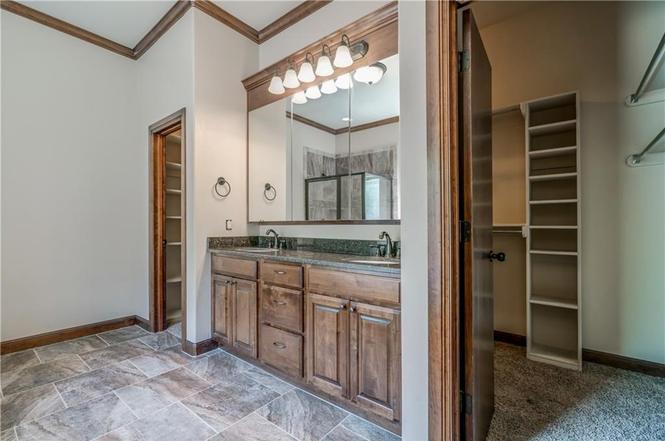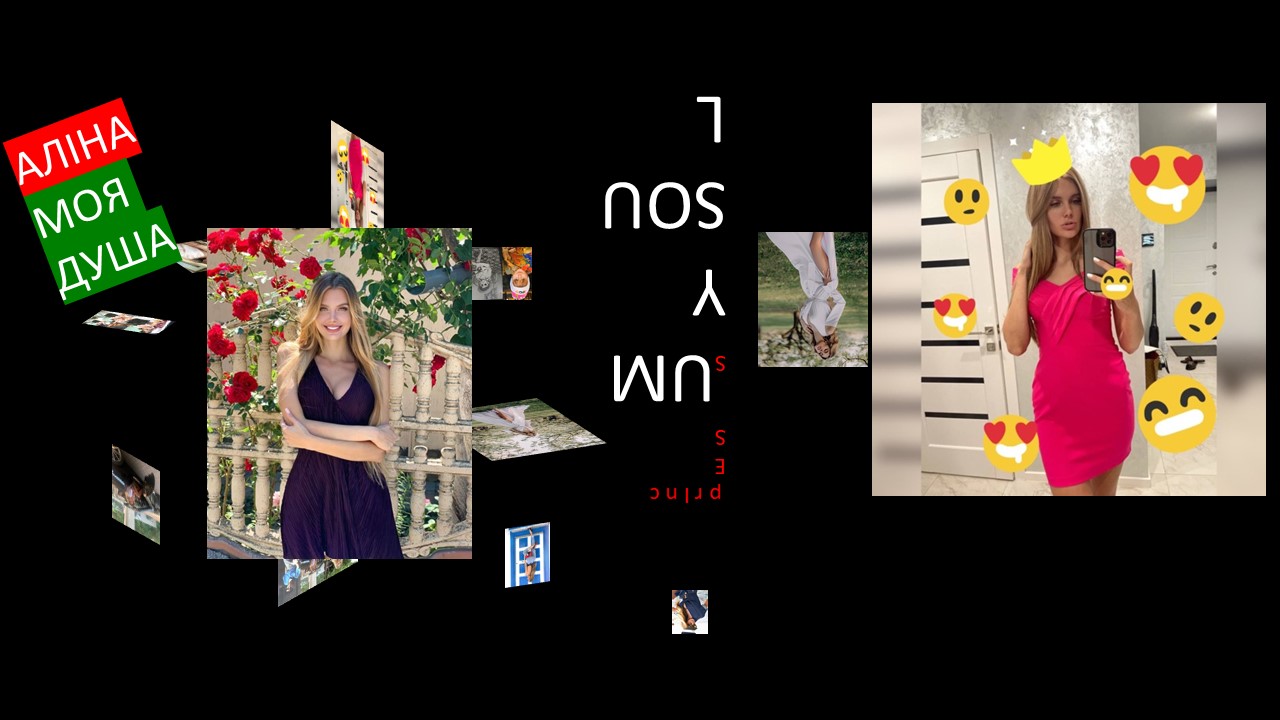

I didn’t like wearing it, but it helped my ego and kept my head warm.” One of the oncology nurses was also a hairdresser, and offered to shave my head for me. In the beginning, my long hair was falling out from chemo. Though I slept a lot, I always felt exhausted. I wasn’t just tired, I was constantly drained. I didn’t work because I had no energy, which was the worst feeling. I also had our sweet cat PJ to cuddle with - he knew. He would even bake goodies for the other patients and staff, and bring them in to my weekly chemo appointments. And my long-time partner stood by me, making sure I ate even though I had no appetite. My hospital oncology department nurses were wonderful, offering lots of TLC to make the weekly treatments less stressful. Somehow, through surgery, chemo, and radiation, I never felt pain. Having the disease felt surreal, but I never doubted that I’d defeat it. “I was shocked when I was told I had breast cancer - I foolishly thought only large-breasted women could get it. And I’m so thankful for the research, development, and skilled medical community that have kept me alive.” I’m 66 now and receive a mammogram and MRI every year. It was grueling, but cancer also affects the entire family my husband and I separated during this time. This time, I took medication that I couldn’t tolerate, and was off work for 23 months. There, I went through another surgery, a lumpectomy, more radiation. I went back to the out-of-town cancer center, where the surgeon was more upset than I was. I got called into the doctor’s office - they had found another lump in my right breast. Six months after my diagnosis, I got another mammogram. Thirty-five rounds of radiation followed - an hour every day for 35 days, continuing over Christmas and New Years, too. I needed a lumpectomy and to have two lymph nodes removed. After tests and biopsies, they diagnosed me with cancer. I wondered if it was muscle inflammation or a tear, and made an appointment to see my family doctor. I was working out at the gym when my left upper chest started to hurt, and placed a hand there, feeling a lump above my breast. “At 47, I was in great physical condition.


I have been dodging bullets since 1999, and I hope my story can help others.” We need to be diligent about medical checkups and appointments, and push for what we need as patients. We need to be our own advocates, to ask questions, and to network with others (that’s how I found out about the study that revealed my breast cancer). You need to call for your results - no news doesn’t always mean good news. Then, in 2016, my breast MRI showed something suspicious: After a follow-up ultrasound, a tiny tumor was found in my left breast. I continued with yearly MRIs and mammograms and then had two more battles with ovarian cancer. Luckily, there was no lymph node involvement and because of the size of the tumor - 5 millimeters - I was only treated with radiation. Without the study, my tumor could’ve gone undetected for years and if it had, it would’ve been much larger. That’s how I found out I’m a carrier of BRCA1 - the gene that causes breast cancer. Two years into the study, an MRI revealed something worrying: a tiny tumor in my right breast that didn’t show up on either ultrasound or mammography. It compared mammograms, ultrasounds, and MRIs for breast cancer diagnoses, and since I’d been diagnosed with and treated for ovarian cancer in the past, I was a candidate. “Through a friend, I learned about a study for women at high-risk of cancer. This Breast Cancer Awareness Month, we’re sharing moving messages from Wake-Up Call subscribers who’ve been touched by breast cancer - and came out on the other side. Women of different ages, life paths, and backgrounds responded with stories that were bursting with gratitude and insight.

When we published Katie’s essay, we also asked for your survivor stories to show the diversity of breast cancer experiences: We received hundreds of heart-wrenching yet inspiring replies. But the sad truth is, this disease is incredibly common, regardless of family history: 85 percent of the 264,000 American women diagnosed annually have no family history. While she does have a family history of cancer, breast cancer was a new chapter she hadn’t imagined facing. Earlier this month, Katie Couric spoke about her recent battle with breast cancer in a heartfelt personal essay.


 0 kommentar(er)
0 kommentar(er)
